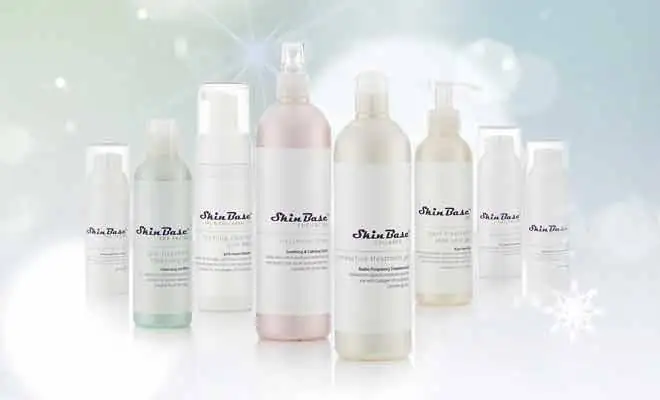There’s no denying it – sugar is bad for us. We all know about the dangers of sugar. Obesity, diabetes, tooth decay and other health issues often share a common cause. But did you know that sugar can have a negative effect on your skin, too?
Premature ageing
Sugar causes an inflammatory response in the body. In order to regulate blood sugar levels after eating sweet foods, your body produces insulin. This causes a huge increase in inflammation. Inflammation stimulates the secretion of enzymes that break down collagen and elastin. This exacerbates the ageing process by causing wrinkles and sagging skin. Not only does sugar reduce the amount of collagen we have, it also interferes with the way the remaining collagen behaves. Through a process known as glycation, digested sugar actually bonds to collagen fibres and prevents them from working properly. The more sugar you consume, the more extreme these processes become, so eating excessive amounts of sugar can cause your skin to age prematurely.
But that’s not all…
Unfortunately, premature ageing isn’t the only skin problem made worse by eating too much sugar. Skin conditions such as acne, eczema and rosacea can also be exacerbated by consuming too much sugar, thanks to the increase in inflammation caused by the insulin response. Excessive sugar intake can also cause pigmentation, thanks to insulin resistance. Insulin is a hormone that is produced to lower the blood sugar in the body, but as the body produces more and more insulin, it gradually stops responding to it properly. Insulin resistance is the driving factor behind developing type 2 diabetes, and it is extremely serious. The pigmentation associated with insulin resistance tends to be found around the neck and forehead.
What to do?
So now you know that sugar can make acne, pigmentation, wrinkles and sagging skin worse, you’re probably wondering what to eat instead! Is it possible to satisfy a sweet craving whilst avoiding the white stuff, to improve our skin and health? Luckily, yes!
The first step is to stick to naturally sweet and indulgent foods such as dates, honey, coconut, fresh and dried fruit. You’ll be surprised by how well these ingredients can satisfy a sweet tooth, and how many things you can make out of them! Avoid artificial sweeteners like aspartame and saccharin, because some of them actually still stimulate insulin secretion despite not containing any kind of sugar.
Avoid refined Carbs
Another important thing you can do to help keep your sugar intake down is to avoid refined carbohydrates. White pasta, bread, cakes, pizza and so on will all cause insulin spikes because the flour is very easily converted to sugar during digestion.
Opt for Wholegrain
Instead, it’s better to opt for wholegrain food and alternatives to wheat like spelt or rye. Not only will this help keep sugar consumption down, but you’ll also find your overall health could improve greatly. Wholefoods are rich in a variety of nutrients, refined sugar and flour are among the most nutritionally deficient foods in the world.
Compare refined with wholegrain
Just think about the difference between these two breakfasts: strawberry jam and butter on white toast, compared to almond butter and mashed banana on wholegrain toast. In the second one, you have protein, vitamins, healthy fats and fibre. But the first one? Sugar, saturated fat and more sugar. The second one will also keep you feeling full and energetic for longer. Whereas the first breakfast will leave you starving and exhausted by 10am. This is one of the reasons we all crave sugar so much; our meals create huge energy spikes and falls, which leave us desperate for more.
By making a few sensible substitutions and lifestyle changes, you can drastically reduce your sugar intake. Thus keeping your skin and body healthy and youthful for as long as possible.

